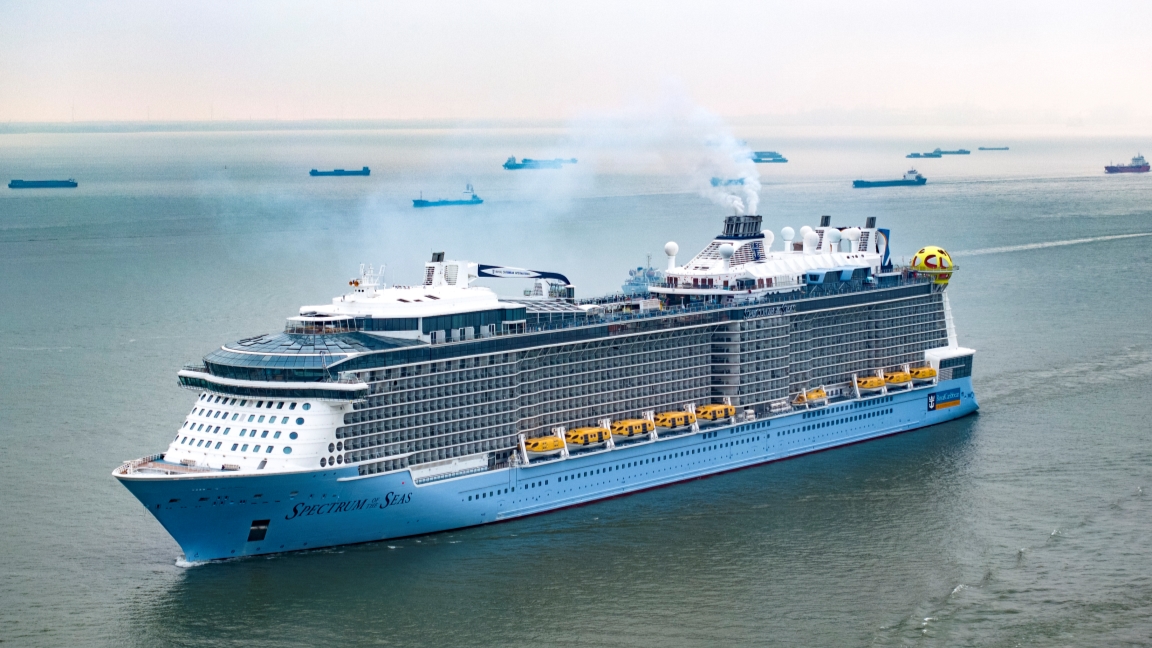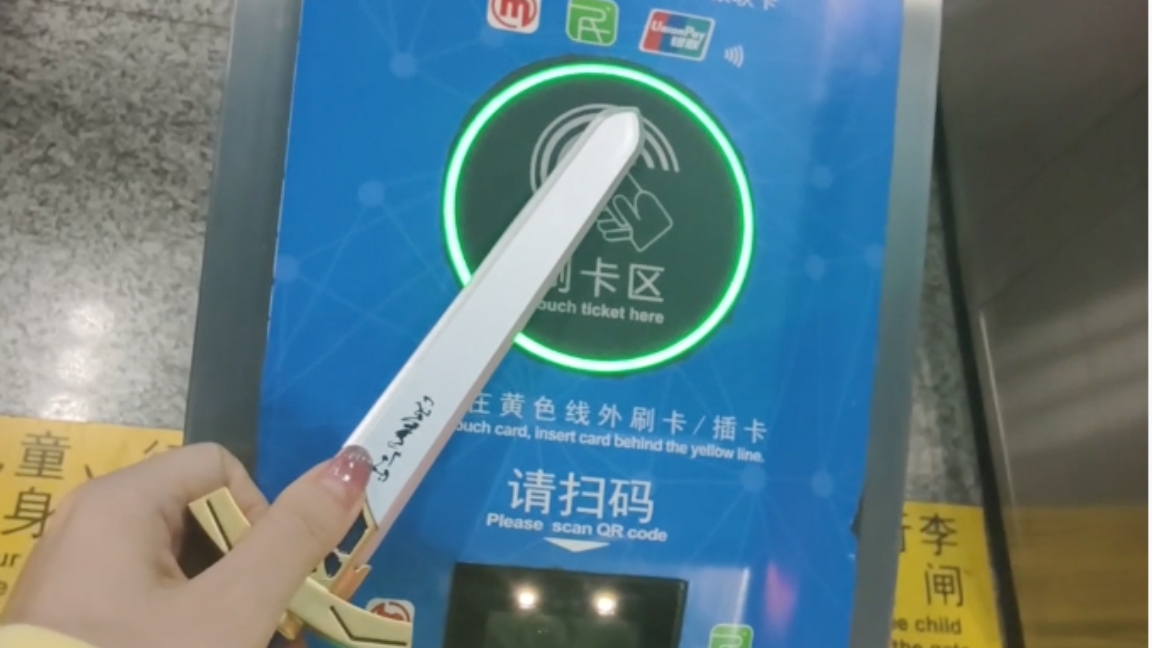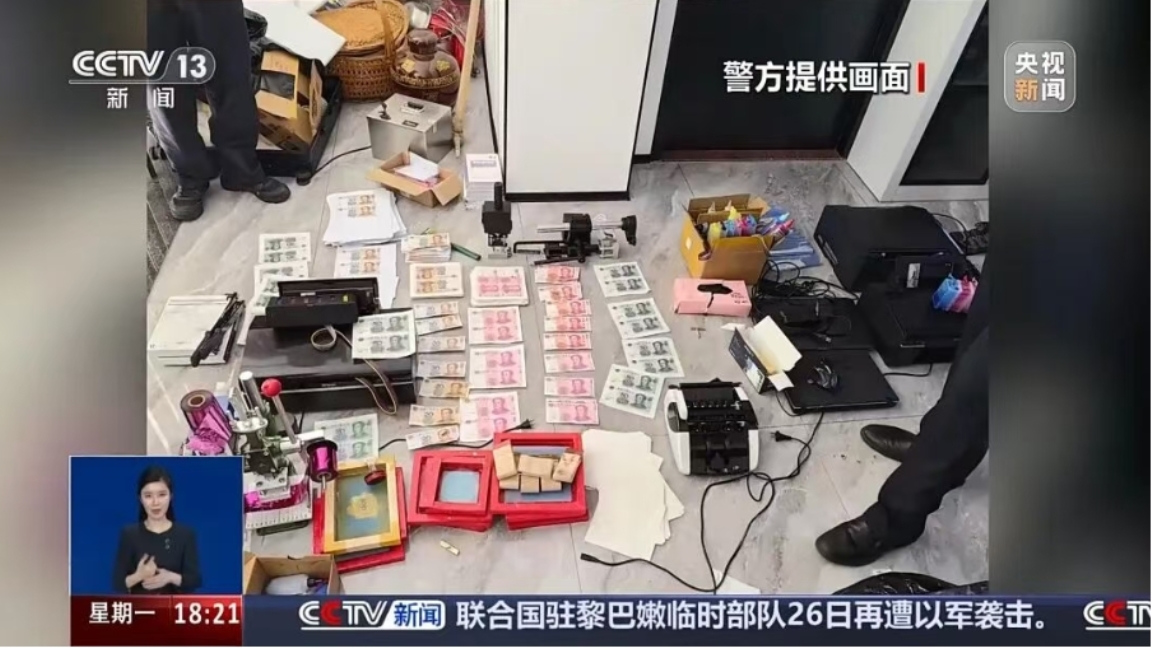In dog-eat-dog Chinese markets, runaway competition is being muzzled by regulators. The crackdown appears to be working
Express delivery charges are rising after Chinese regulators warned courier services to rein in their price war.
In response, STO Express, YTO Express, ZTO Express, Yunda Express and J&T Express all issued notices to corporate clients in late September, saying costs of deliveries will be increased "to eliminate unreasonably low prices."
A wave of rollbacks in loss-making prices is spreading through many industries as the government cracks down on self-defeating competition that fuels a vicious cycle of price wars, over production, diminishing profits and deflation.
"It is simply a matter of time for prices to rise amid a national campaign to fight the rat race of extremely low prices," said Zhao Xiaomin, a courier market analyst, who noted that some express delivery services were charging as little as 0.8 yuan (11 US cents) for every delivery from Shanghai to any destination within the Yangtze River Delta region.
Lai Meisong, founder and president of ZTO Express, said the price increase is "a return to rationality," which is positive for corporate profits and the income of courier staff.
The Chinese call such runaway competition neijuan (内卷), which domestic business reports generally translate as "involution." In social sciences, the term "involution" was coined by American anthropologist Clifford Geertz to describe the situation where people find efforts are pointless and never get them beyond the starting point.
In China, the term has been used to describe prices wars or overproduction in sectors such as electric cars, solar panels, steel, cement, chemicals and delivery services.
An index compiled by Wind to track industries involved in the phenomenon has surged nearly 50 percent this year. The "involution" index dates back to 2015, when the nation's energy-related industries were suffering from extremely low prices and China launched supply-side reforms that resulted in some coal mine closures and the mergers of steel companies.

"We have seen a strong rebound of fierce competition this year," Qin Peijing, an economist with Citic Securities. "Different from the past, this round involves more downstream companies, or those closer to the consumer end, and is far more difficult to manage."
Qin explained that it is easier to fight the situation upstream, where industries can be directed to curb production or merge to avoid unnecessary competition. The downstream market is more closely entwined with whole supply chains, and enforcement has to be more judicious or it may result in consequences worse than price wars.
Still, Chinese authorities believe they have to act before price wars do significant damage to the economy. Their efforts look to be paying off. Chinese industrial profits in August rose for the first time in four months, with the Bureau of Statistics crediting the turnaround, in part, to the government's crackdown on cutthroat competition.
One of the government's higher-profile targets this year has been the fierce war among fast food-online delivery platforms Meituan, Alibaba and JD.com, who have burned through cash to attract customers and keep their online merchants sweet.
In April, Meituan splashed out huge sums on discounts, merchant subsidies and enhancements for deliverymen, trying to hold the estimated 70 percent market share it had before JD.com and Alibaba entered the fray.
In August, Meituan blamed a second-quarter 1.9-billion-yuan operating loss on "irrational competition." Alibaba didn't break out figures for its food delivery service in its second-quarter results, but analysts estimated that flash delivery services suffered a 2-yuan loss on every order. JD's second-quarter net profit was halved by its food-delivery costs.
Price wars also damaged earnings in the electric car market. BYD, the world's largest manufacturer in that sector, reported a 30 percent net profit loss for its second-quarter despite a 14 percent rise in revenue as the domestic price war eroded earnings. Similar decay at the bottom line was evident in the earnings reports of Great Wall Auto, Guangzhou Auto and Nio, all citing fierce competition that forced them to sell cars at or below cost.

"Explicitly, companies hate such price wars but are helpless to resist them if they want to stay in the market," Qin said. "It has nothing to do with making money but is all about retaining market share and surviving. That's the point where the government needs to step in."
And step in it has. Chinese market regulators summoned Alibaba, JD and Meituan to a meeting in May to warn them against irrational competition. In August, all three published a statement declaring they wouldn't participate in a price war. In the auto industry, several companies have also come out opposing excessive price cuts.
Song Hai, brand director at SAIC Maxus, which makes light commercial vehicles, said it's important to provide reasonable prices, instead of simply low prices. In September, the company set up a 15-million-yuan fund offering zero-interest loans to farmers in remote areas who buy their vehicles instead of simply offering subsidies to relieve stockpiles.
"We hope the program will help us find buyers in a way that benefits both us and them," Song said.
In the solar panel industry, where overproduction and a cutthroat price war left major suppliers with deep losses. An industry association in August called for all members to stop selling products as below cost and to dispose of stockpiles in a rational manner.
In the courier sector, companies in Guangdong have increased the cost of delivery of each package for corporate clients by 0.4 yuan, serving as a reference for the industry across China.
"I am a bit anxious about how much I will have to pay after the price increase," said Maggie Xu, who runs an online stationery store in Shanghai. "But I think it's fair to increase prices."
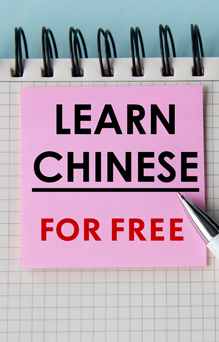
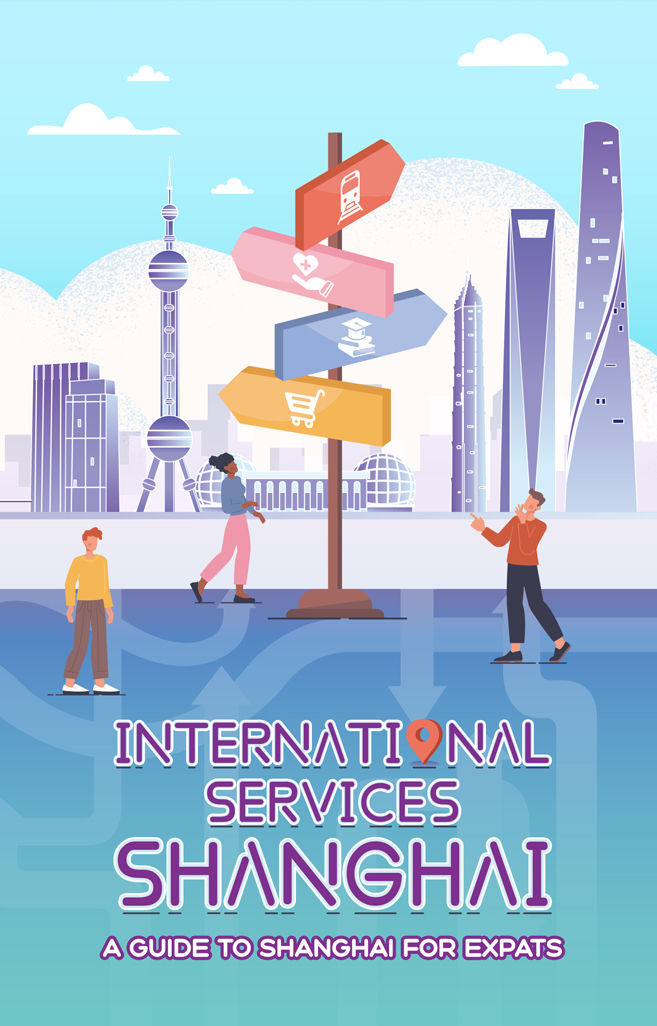


In Case You Missed It...



